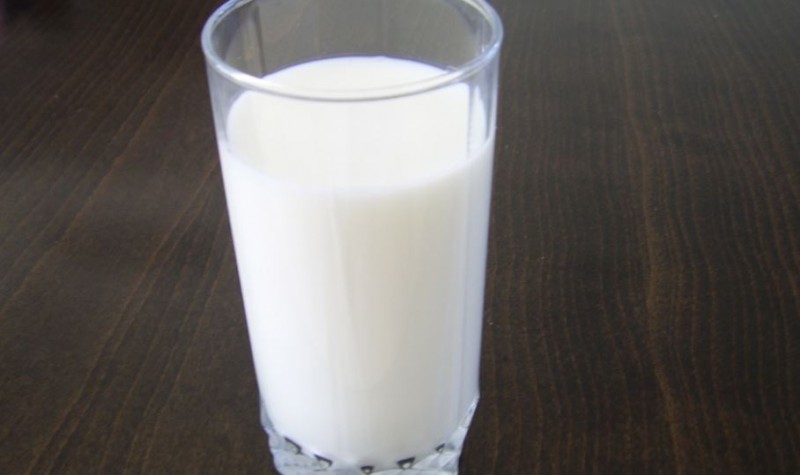
In today's health-conscious world, many individuals are opting for milk alternatives due to dietary preferences, allergies, or concerns about the environmental impact of traditional dairy farming. With a plethora of options available in the market, it can be overwhelming to choose the right milk alternative that aligns with your health goals. In this article, we'll dive into some popular milk alternatives and explore their health benefits, nutritional profiles, and potential drawbacks.
As the demand for milk alternatives continues to grow, people are seeking healthier options that offer both taste and nutrition. Milk alternatives, also known as plant-based milks, have gained popularity for their potential health benefits and versatility.
2. The Rise of Milk Alternatives
In recent years, milk alternatives have experienced a surge in popularity, driven by factors such as lactose intolerance, dairy allergies, and ethical considerations. Many individuals are embracing plant-based milks as a way to enjoy creamy beverages without compromising their dietary preferences.
3. Nutritional Comparison: Cow's Milk vs. Plant-Based Milks
Before delving into specific milk alternatives, let's compare the nutritional profiles of cow's milk and plant-based milks. While cow's milk is known for its calcium and protein content, various plant-based milks offer unique nutrients that cater to different dietary needs.
4. Healthier Options: Exploring Various Milk Alternatives
4.1 Almond Milk
Almond milk, a popular choice, is low in calories and contains heart-healthy monounsaturated fats. It's naturally lactose-free and provides vitamin E and magnesium, contributing to skin health and bone strength.
4.2 Soy Milk
Soy milk is rich in complete protein and isoflavones, which have been linked to potential health benefits, including reduced cholesterol levels and improved hormonal balance.
4.3 Oat Milk
Oat milk is praised for its high fiber content, promoting digestive health and providing a feeling of fullness. It also contains beta-glucans, known for their heart-protective properties.
4.4 Coconut Milk
Coconut milk offers a unique flavor and is rich in lauric acid, a type of fatty acid with potential antimicrobial properties. However, it's higher in saturated fats and should be consumed in moderation.
4.5 Cashew Milk
Cashew milk is creamy and provides healthy monounsaturated fats. It's a good source of copper and magnesium, essential for energy production and bone health.
4.6 Rice Milk
Rice milk is hypoallergenic and easily digestible, making it suitable for individuals with dietary restrictions. However, it's lower in protein compared to other milk alternatives.
4.7 Hemp Milk
Hemp milk is packed with omega-3 fatty acids and offers a complete protein profile. It also contains gamma-linolenic acid (GLA), which may have anti-inflammatory effects.
5. Factors to Consider When Choosing Milk Alternatives
When selecting a milk alternative, several factors come into play:
5.1 Nutritional Content
Consider the nutritional content of the milk alternative, including protein, vitamins, and minerals.
5.2 Allergies and Sensitivities
If you have allergies or sensitivities, opt for milk alternatives that are free from allergens.
5.3 Environmental Impact
Some milk alternatives have a lower environmental impact compared to traditional dairy farming.
5.4 Taste and Texture
Choose a milk alternative that suits your taste preferences and works well in various recipes.
6. Incorporating Milk Alternatives into Your Diet
Milk alternatives can be used in a variety of ways, from cereal to coffee and smoothies. Experiment with different options to find what complements your diet.
7. Making Your Own Milk Alternatives at Home
For those who enjoy DIY projects, making milk alternatives at home allows you to customize flavors and control ingredients.
8. Common Misconceptions About Milk Alternatives
Addressing misconceptions about milk alternatives, such as their lack of nutrients or inferior taste, can help individuals make informed choices.
In the realm of milk alternatives, there is no one-size-fits-all answer. The healthiest option depends on individual dietary needs, preferences, and goals. Experimenting with different milk alternatives can open up new avenues of taste and nutrition.
7 of India's Most Popular Street Foods, from Samosa to Pani Puri
From Mennonite Settlements to Tech Hub: Exploring Waterloo's Journey